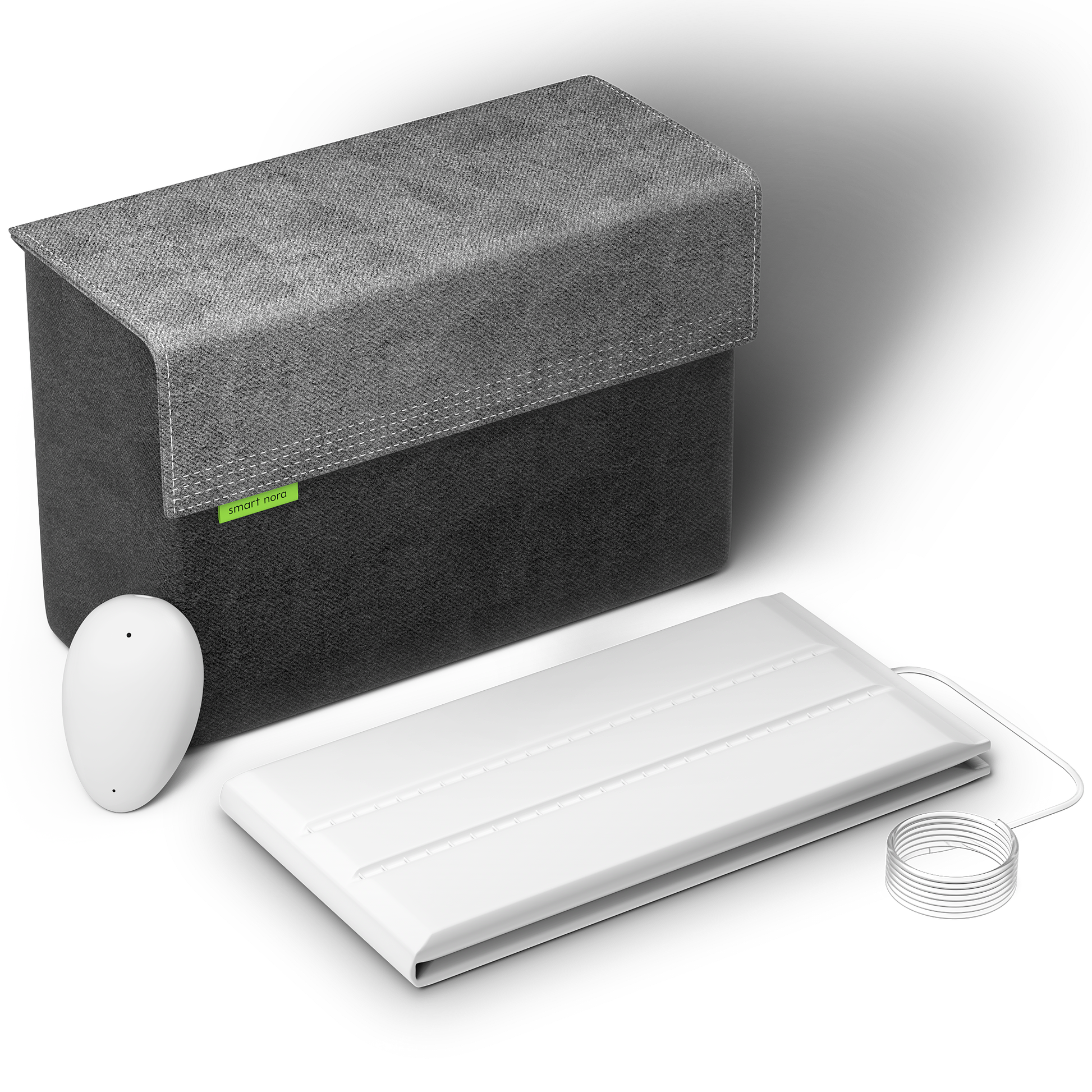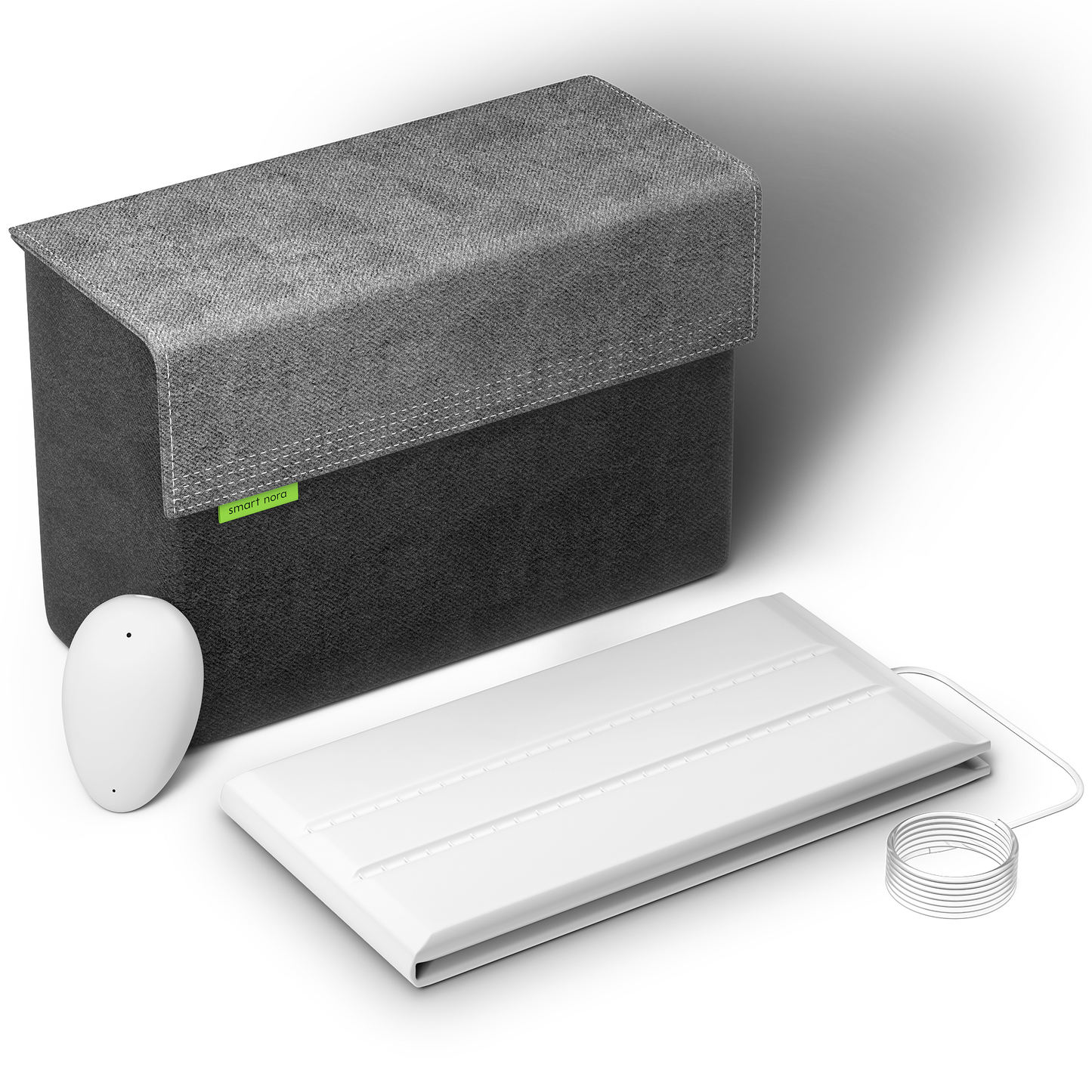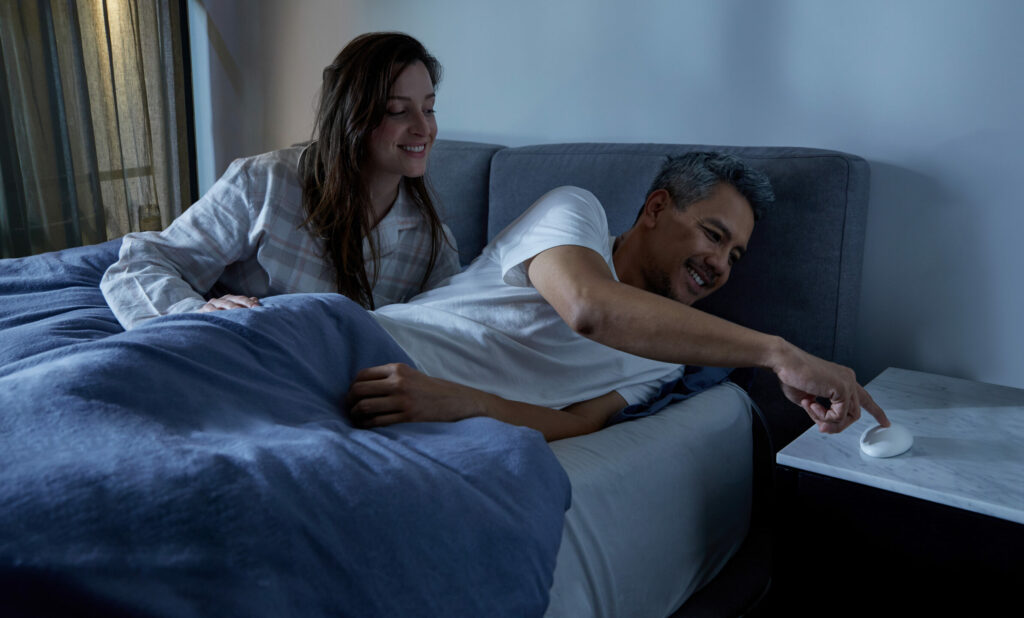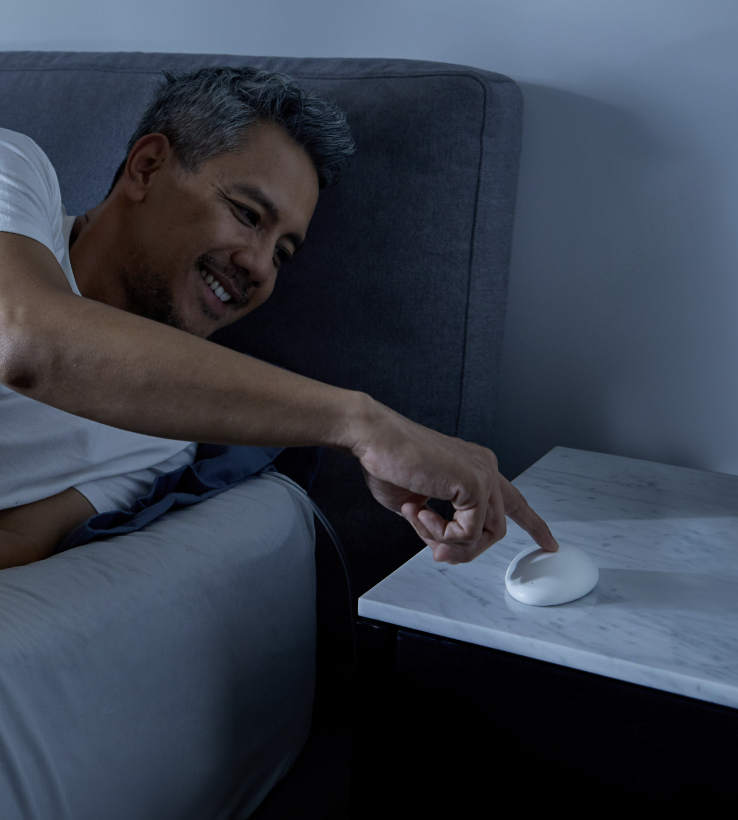Your muscles are loosening, you’re breathing deeply, and you’re slowly drifting off to sleep as your heart rate calms down. Then, out of the blue, one of your limbs begins to twitch, and you feel like you are about to fall. You don’t wake up, but you are conscious enough to realize what just happened. This feeling of suddenly falling is known as hypnic jerks or sleep starts. And you can feel it because you experience it while you are on the edge of alertness and sleep.
You may also hear some people calling it sleep twitches, a night start, or a hypnagogic jerk. The names may vary, but they all usually describe the condition. In addition, it is also known as myoclonus or myoclonic jerk, these are the exact medical words for the uncontrollable muscle twitch.
Keep reading to discover more about hypnic jerks, including the most common symptoms, causes, and whether they may require additional testing or treatment.
What is a Hypnic Jerk?
When trying to fall asleep, you may experience quick, brief spasms caused by involuntary muscular contractions known as hypnagogic jerks.
Along with this sensation, your body may show some other signs such as muscle cramps, erratic breathing and heart rate, the sensation of blinding lights, and dreams involving being startled, jumping, or falling.
The term hypnic is short for hypnagogic, which defines the transition from wakefulness to sleep, during which these jerks occur. Hypnagogic jerks are often confused with hypnopompic jerks. Hypnopompic jerks happen when you wake up, while hypnagogic jerks happen when you fall asleep.
Hypnic jerks are so surprising that they could easily ruin your plans to go to bed and keep you wide awake. When they occur, some people may lash out or move their arms and legs, while others may jump up or twitch just a little. A scream or shout may occasionally accompany this sleep twitch as your body responds to the violent nature of the phenomena.
Experts claim that transitioning from stage one of Non-Rapid Eye Movement sleep to Stage two is the most common time for hypnic jerks. Rapid Eye Movement (REM) and Non-Rapid Eye Movement (NREM) phases make up your sleep cycle (REM).
When you lie down, the NREM phase—which contains three more stages—begins. The REM stage, during which your eyes move under your lids, starts roughly 90 minutes after sleep. Those who have vivid dreams probably experience a lengthier REM cycle. The NREM cycle then starts up once more.
Causes of Hypnic Jerks
Although there are a few possibilities, researchers do not yet fully understand what causes hypnic jerks. There may occasionally be a misfire between nerves in the reticular brain when you fall asleep, causing a reaction that results in a hypnic jolt. Some reasons can be:
- Stress and Anxiety: As you may already be aware, leading a stressful lifestyle can seriously interfere with sleep. Stress can also cause us to experience frequent anxiety and even depression to the point where our sleep cycle is disrupted. Such an interruption may result in brain activity, triggering muscle twitching that can startle you awake.
- Sleep Deprivation: Sleep deprivation can result from both difficulty sleeping and a general lack of restful sleep, whether due to chronic insomnia or a bad night’s sleep. In addition to other adverse side effects, including low mood and concentration, sleep deprivation may make you more prone to hypnic jerks.
- Stimulants: Beverages rich in caffeine (soda, coffee, teas) and other stimulants can increase brain activity, which can cause muscle twitching through the night. As a result, in addition to waking up with twitching muscles, you can also have trouble falling asleep again.
- Late Exercising: In terms of sleep, exercising is almost always beneficial. It has repeatedly been shown that regular exercise enhances the quality of sleep. However, it’s crucial to understand that workout is an energetic activity that awakens you rather than making you feel sleepy. Due to this, overly strenuous exercise in the late evening may result in hypnic jerks.
How Dangerous are Sleep Starts?
Although they can be uncomfortable, hypnic jerks are not hazardous. While 70% of the general population may experience these jerks, they view them as a usual aspect of falling asleep. The same study also found that hypnic jerks are a common but overlooked sleep-related motor event in parkinsonism patients.
In other words, hypnic jerks could indicate a significant medical condition like dementia, multiple sclerosis, or Parkinson’s disease.
However, all jerks that might happen when you are awake or asleep are not hypnic jerks. Hypnic jerks occur suddenly and are typically considered harmless when a person goes from awake to asleep. You probably don’t need to see a doctor if all you ever have are hypnic jerks.
Myoclonus is characterized by uncontrollable, sudden muscular spasms. They could be regular hiccups or “sleep starts” that occur as you drift off to sleep.
If, during the day, you have repeated persistent muscle contractions that spread to other areas of your body, then it can be a different type of myoclonus. These myoclonus types signify organ failure, epilepsy, nervous system problems, spinal cord injuries, or head injuries.
In most cases, the worst hypnic jerks can be annoying and interfere with your or your partner’s sleep. It’s not typical, but it’s possible that a powerful jerk could cause a slight injury.
Another annoying thing that can interfere with sleep is your partner’s snoring. Smart Nora is a smart anti-snoring device that will detect any snoring sounds and adjust your partner’s pillow to stop their snoring and ensure you have a good night’s sleep.
How to Prevent Hypnic Jerks?
Hypnic jerks are a typical, unpredictably unpleasant aspect of sleeping, so the chances are you will be able to eliminate them from your life entirely. However, you can lessen their intensity and frequency by following these tips:
- Follow Good Sleep Hygiene: Rearrange your sleep schedule so that you get the recommended amount of sleep before you have to wake up again. Avoid high-frequency blue light, emitted by electronics like phones, and televisions, as it stimulates the brain and causes hypnic jerks, increasing brain activity.
- Avoid Alcohol: Alcohol can impact the brain and make it harder to fall asleep and remain asleep since it is depressive with some stimulant-like properties.
- Limit Your Coffee Intake: Avoiding coffee in the latter half of the day is one of your primary solutions – to a jerk-free night’s sleep. The combination of not getting enough sleep and caffeine stimulation could easily result in a hypnic jerk.
- Move Your Body Daily: If you haven’t already, you should consider exercising regularly. Although, there are specific periods of the day when you should exercise because working out might lead to hypnagogic jerks if done too soon to bedtime.
- Reduce Your Stress Levels: Stress may be one of the leading causes of intrusive hypnic jerks. To unwind, you could use breathing techniques or guided meditations. You might feel less stressed if you take five minutes to take slow, deep breaths.
Conclusion
It’s entirely natural and pretty frequent to experience random twitches when sleeping. Typically, these are just mild to severe muscle contractions during sleep and do not signify any underlying health problems. However, extreme jerks during sleep (beyond hypnic jerks) could be signs of periodic limb movement conditions. Consult your doctor if you’re worried that your muscular jerks are a sign of another problem.
You may also wish to consult with a board-certified sleep physician if the hypnic jerks are affecting your or your partner’s sleep to receive the evaluation and care you require.














